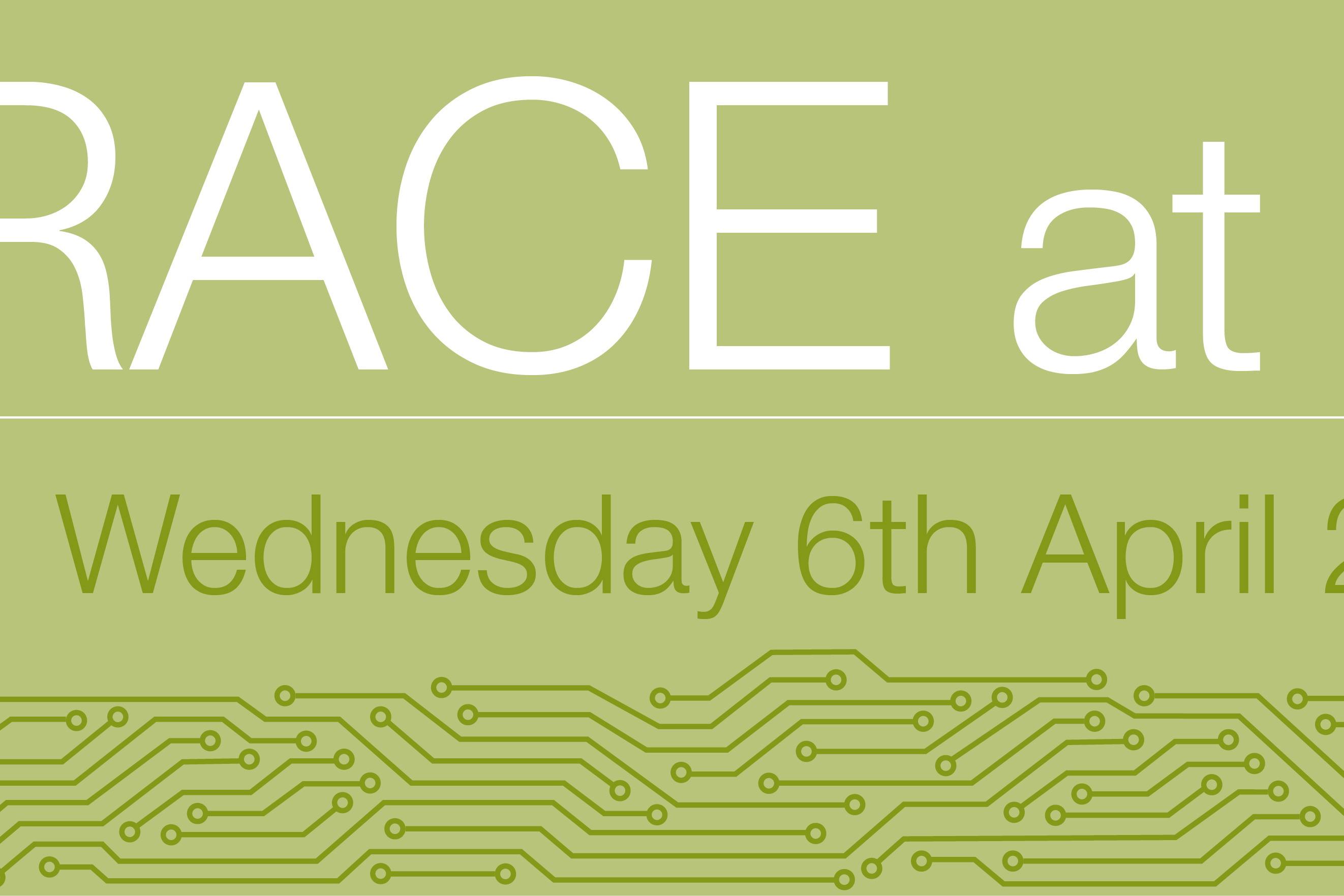[section background_repeat=”repeat” background_position=”center top” background_attachment=”static” background_scroll=”none”]

[/section]
[section background_repeat=”repeat” background_position=”center top” background_attachment=”static” background_scroll=”none”]
Raquel Alegre
I work as a Software Developer at University College London in the Research Software Development Group where we collaborate with researchers across campus, covering fields from Ancient History to Astrophysics, to facilitate their research by improving the quality of their software.
It’s an interesting and challenging job ranging from custom software development in different languages and technologies to mentoring and teaching.
While at University completing my MSc in Computer Science, as well as during my first job in Industry, I had far too many things to worry about to even notice and reflect on gender balance in my field. It was a clear and somewhat accepted situation that the number of women was much smaller than the number of men, but it wasn’t something we discussed often.
It wasn’t until my first job in the UK that I realised the number of women in my 30-people department was alarmingly small. It was only me! While in that department we developed software to process satellite data on HPC systems and analysed the outputs to help marine scientists with their research. It was a fun job, the group of us working as Software Developers and DevOps.
Two more jobs after that one, the situation is still quite similar. The teams are slightly more gender balanced, but the number of women is just a tiny minority. I can’t help but wonder where all the female programmers are. I know there are not many, but having studied with them at University, they must be somewhere.
The meetup scene in London has presented me with lots of women in tech gatherings such as Women Who Code, PyLadies and Google Women TechMakers, who organise tech talks, seminars, hackathons and mentoring sessions. These meetups are not only for women, they are open to anyone, but encourage female coders to join them, which seems to be working pretty well.
I already work with men on my day-to-day job, which is perfectly fine, but joining these meetup groups gave me the opportunity to experience something different. And I finally found where my fellow female Software Engineers were!
I also volunteer for an organisation called Women Hack For Non Profits, founded in 2015 by women from some of these meetup groups. The main aim of WHFNP is to increase the amount of Open Source software that is produced by women. We invite non-profits who need techie expertise and we organise ourselves in small teams of volunteer developers to have fun and learn from each other, providing a good social motivation to deliver.
One of my favourite non-profits we work with is STEMettes. Their mission is to inspire the new generations of females into Science, Technology, Engineering and Maths (STEM) fields by organising panel events, coding bootcamps, exhibitions and mentoring schemes with women who work in STEM jobs. Their aim is to bring science and technology alive in a way that will inspire girls and women to take it up as a career. There is still a long way left to go in order to achieve gender parity in Computer Science-related fields, but I am happy to see there is a growing number of initiatives and organisations supporting and raising the visibility of women in technology.
Back at UCL, my colleagues in the Research Computing Platform Services team have been working hard these last few months on UCL’s new HPC facility intended for large multinode parallel jobs. The new machine has been named GRACE, in honour of pioneering computer scientist Grace Hopper.
Admiral Grace Hopper began working with computers for the US military after the attack on Pearl Harbour, and over her lifetime, rose to the rank of Rear Admiral in the US Navy, based entirely on her work as a computer scientist.
She is credited with:
- Convincing the US military to abandon its plan to stick to one large computer and instead adopt networks of smaller computers. She implemented standardised tests, which machines from any manufacturer had to pass to be suitable, in turn leading to the standardisation of computer languages from different vendors.
- Writing the earliest compiler, the A compiler, for UNIVAC-1; the first commercial computer produced in the United States.
- Popularizing the term “debugging” for fixing computer glitches (in one instance, removing a moth from a computer)
UCL’s Grace HPC facility was launched at the end of 2015 and is devised to take care of large parallel computing tasks. For this purpose specifically, it is designed with a high-speed Infiniband network linking together its compute nodes and allowing them to coordinate effort on a single task very effectively.
UCL will be launching ‘Grace’ into the national HPC landscape this April 6th, and is pleased to have Toni Collis from Women in HPC speaking at the event. To find out more, register and support women in high performance computing, please visit the event page.
[/section]
[one_fourth valign=”top” animation=”none”]

[/one_fourth]
[three_fourth_last valign=”top” animation=”none”]
Raquel Alegre is a Research Software Developer at University College London (UCL), UK. Raquel has been working as a Software Engineer for several years in both industry and academia in projects related to satellite remote sensing and visualisation of geospatial data after completing an MSc in Computer Engineering and further studies in Space Science and Technology.
[/three_fourth_last]

